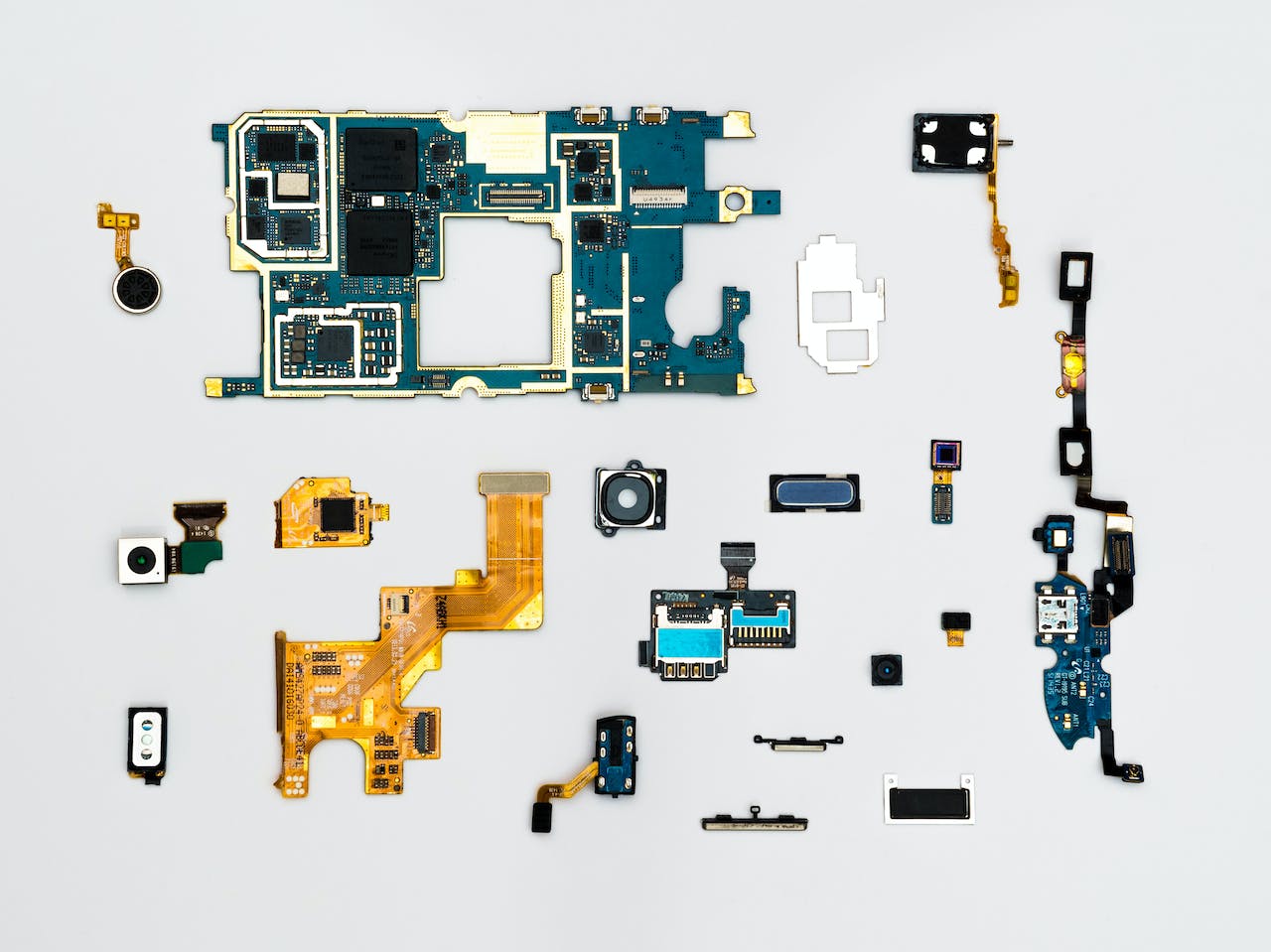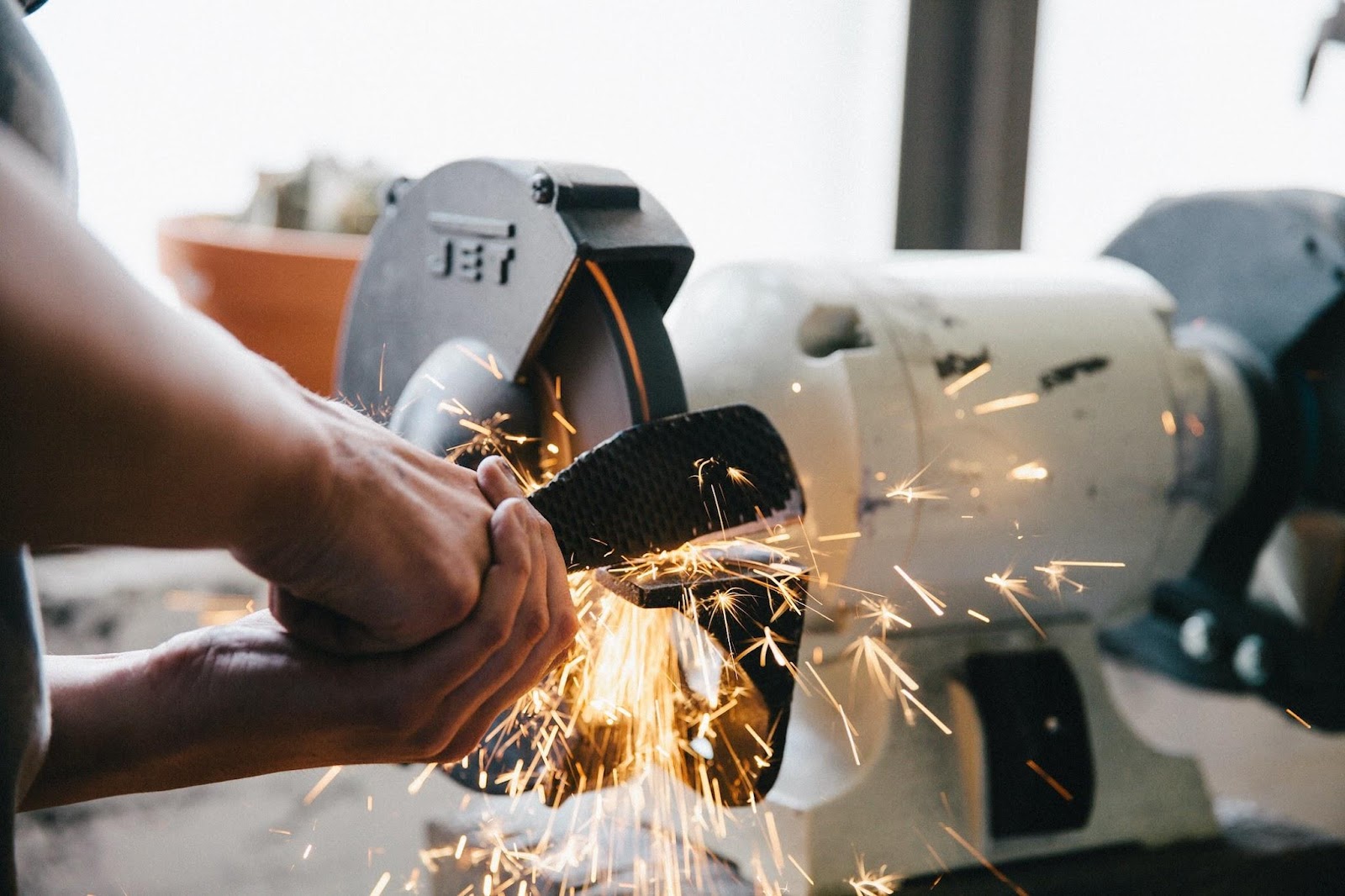Comments
- No comments found

Are you looking for the right type of equipment for your business?
Having the right kind of machinery and tools is essential to ensure success and growth in any area of business. However, it can be a daunting task to determine which pieces are necessary based on what type of products or services you provide. In this article, we’ll outline several key ways to figure out exactly what kinds of equipment your business needs in order to thrive. Read on to learn more!

Successful businesses rely on identifying and completing the right tasks and processes to achieve their goals. From manufacturing to service industries, every business has a specific set of tasks and processes that need to be completed in order to deliver their products or services. It is important to first identify these core tasks and processes before determining the type of equipment needed. The folks behind Central Carolina Scale note that scales, for example, are used in a wide variety of industries and applications, so before purchasing one, businesses need to outline exactly what they will be weighing and the accuracy required. Or, for a software company, equipment may include computers and servers to run their programs. Make a list of all the key tasks and processes that are necessary for your business to function.
As a business owner, it's important to ensure that you have the right equipment to meet the needs of your operations. With a wide variety of options available, it can be overwhelming to choose the right equipment. That's why it's important to research and compare different types of equipment thoroughly. You need equipment that not only fits your budget but also meets the demands of your business. Some factors to consider when comparing include features, performance, efficiency, and maintenance costs. By investing in the right equipment, you can boost productivity, reduce downtime, and ultimately, increase revenue.
When investing in equipment, it's important to consider more than just the upfront cost. Maintenance costs and the frequency of service and replacements can also have a big impact on your budget. Whether you're buying heavy machinery, manufacturing equipment, or office electronics, the costs of upkeep can add up quickly. It's crucial to research and understand the maintenance requirements of the equipment you're considering to predict the ongoing expenses accurately. A little extra time spent planning and budgeting for maintenance can help you avoid unexpected financial burdens down the road.
When it comes to setting up equipment, it's important to consider how much space you have to work with. Before making any major investments, take the time to carefully evaluate your space and map out exactly where everything will go. Will you have enough room for all the equipment you plan to use, both now and in the future? It's always a good idea to leave a little extra space just in case. After all, you never know when you might want to add new tools or upgrade existing ones. By planning ahead and being mindful of your space, you can ensure a smooth and efficient setup that will meet all your business needs both now and in the future.
It is important to consider any safety or environmental regulations that may be in place. These regulations are in place to protect both workers and the environment and cannot be overlooked. From ensuring that equipment meets safety standards to reducing emissions and waste, there is a lot to consider. Failure to comply with these regulations can lead to hefty fines and even legal action, not to mention the potential harm that can be caused. It is essential to educate yourself on all the regulations in your area and ensure that any equipment you select meets these requirements. By doing so, you can rest assured that not only are you protecting your workers and the environment, but you are also avoiding any unnecessary legal trouble.

Taking the time to assess and prioritize all of your different needs and preferences is the key to finding the perfect equipment for your business. As long as you consider these factors before you make a purchase, you can be sure that you are getting the best value for your money and will be able to set yourself up for future success. To gain confidence in this process, reach out to professionals or “second opinions” who have more expertise in the field - it may help provide an extra level of assurance that your decision is well-informed and solid. When it comes down to it, having good quality equipment is an important part of running a successful business - so make sure you don’t skimp on making an educated decision!
Leave your comments
Post comment as a guest